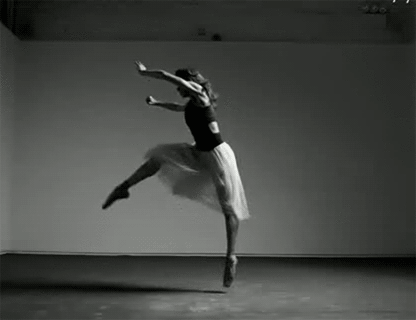choreography makes you appreciate freedom.
As a freestyle bboy, I hate choreography. I barely know how to count and have to learn each time I rehearse to perform. When the show is over, that skill submerges hatefully until it has to come out again, all cobwebbed and rusty. My teacher Seda never picked me for her work, even though I was deeply in love with her movement. She screamed at me once: "It's NOT improv!". Sorry miss, I forgot everything already.
Seda told of a game that she and her colleagues used to play. They rehearsed their dance so much that it was muscle memory. During practice runs, they would dance and "pass the wink". Someone would start the game in the middle of the piece, winking when they made eye contact with another dancer. That dancer would pass the wink to another dancer, and so on. If the wink successfully travels back to the originator, they "win".
How can they be so free and easy in such a strict structure?
Imagine doing that while counting badly or just not remembering the steps. The goal is to solidify the choreography and then to live inside the structure. You have to remember; sometimes you need to catch a falling body on that exact beat.

Ballet is an extremely difficult style that focuses on inhuman grace. The movement language is its own beast. Ballet training ups the game for every dancer, regardless of style (even breaking), and it should be taught as foundation. At first glance, the class excercises are square and unforgiving. One would think we are making robots, not dancers: everything is codified from the music to gestures to the moves. Why is this important? So we live inside the structure. The strength of the structure is its rigidity. The alignment of the pose is such, it doesn't care if you're shy; you're gonna look royal and confident and that's that. Oh, it's so easy, I'm a royal, I'm dreaming, it's all good... yet... You know exactly what's going to happen on the 1 count and so-and-so, and you know when you mess up, and you know when you need to catch up. It's not supposed to be easy or free at first.
It's strict like that so you appreciate the taste of freedom. When you go back to modern, improv, jazz, hip-hop, whatever, you can drag the music if you want. You can double time if you want. You can break alignment if you want. You can be as grounded and flexed or as airy and pointed as you want; you get the point. Structures and discipline exists; defined lines of separation exists. Appreciate it, learn the rules, be a stickler to them. Only then one can break them ethically and aesthetically.
